Image above created by the AI image generator (DALL-E)
“There used to be big men in the world, men of mind and power and imagination. There was St. Paul and Einstein and Shakespeare… There was Julius Caesar and Tolstoy and Immanuel Kant. But now it’s all robots. Robots and the pleasure principle. Everybody’s head is a cheap movie show.”
― Walter Tevis, Mockingbird
I know the title is a little melodramatic. The demise of photography has been prophesied for the past several decades but something feels a little different this time. AI is moving at such a pace that it is set to fundamentally disrupt industries, livelihoods and lives.
On March 14, 2023 German photographer Boris Eldagsen‘s eerie image entitled Pseudomnesia: The Electrician was selected as the winner in the open “Creative” category at the prestigious Sony World Photography Awards. Eldagsen refused his award, revealing that it was not a photograph crafted by a person but an AI generated image. Eldagsen confessed that his submission was done to test the judge’s ability to recognize images produced by artificial intelligence and to start a conversation about its impact on photography.
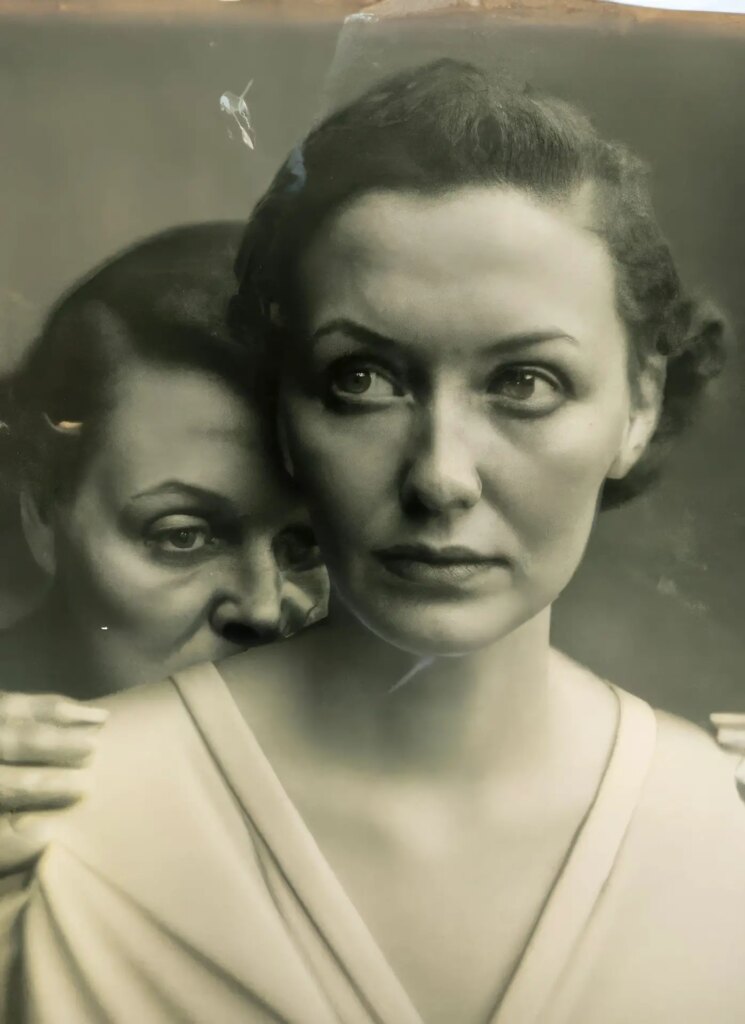
The debate that Eldagsen desired never took place with Sony. They accepted his refusal of the award. Then issued a well-crafted sanitized press release that communicated nothing of substance and quickly moved on.
Through the centuries photography has evolved from the oldest surviving photos produced in the early 1800’s on chemically treated light sensitive metal plates to our current digital media. The one constant has been human control and direction. Eldagsen’s rejection of his award highlights AI’s impact on photography. There is no blueprint for our current path. No one can guarantee if AI will bring increased productivity or curtail human creativity.
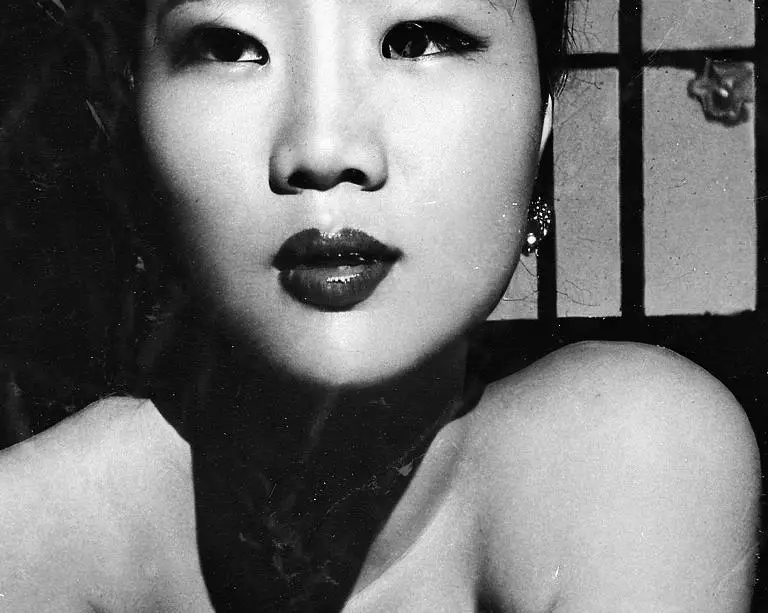
AI Generators
AI image generators utilize algorithms to create “new” images based on a set of input parameters or conditions laid out by programmers. To teach the software to form pictures a huge data-set of existing images are used. Mostly taken from the internet, these images include everything from paintings to photographs. Images produced by these generators also bring into question copyright concerns due to images being formed from existing pictures.
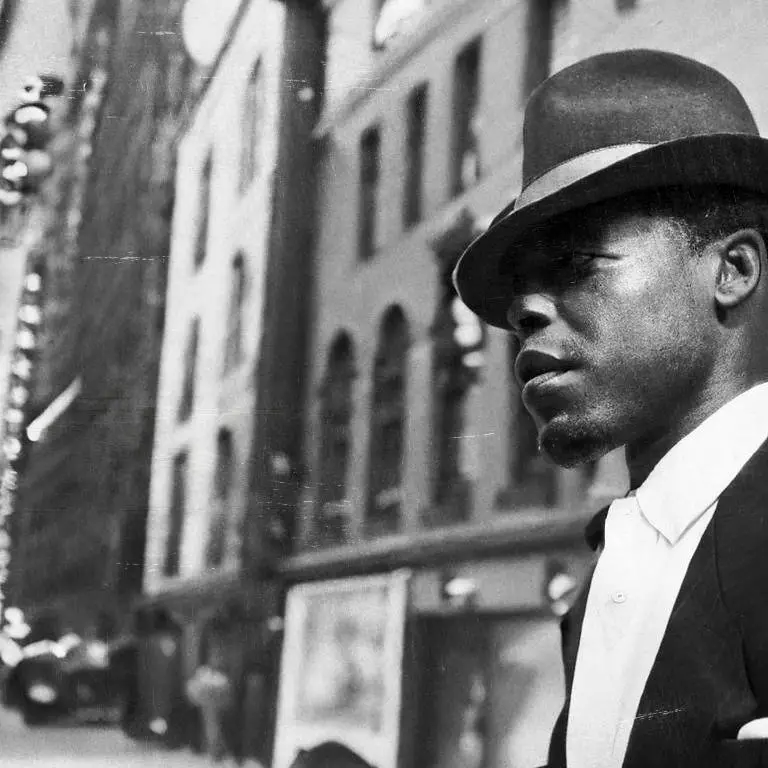
A Curious Trend
A trend since the 1990’s has seen a steady lowering of IQ scores on standardized tests worldwide. This decline has coincided with our increased dependence on AI. There are no definitive answers for the cause. One theory does suggest an over reliance on technology and smart devices. The technology that is making life simpler and more convenient is potentially making us all dumber. In the future, what will we prioritize, ease and comfort or increased human potential based on our own abilities?
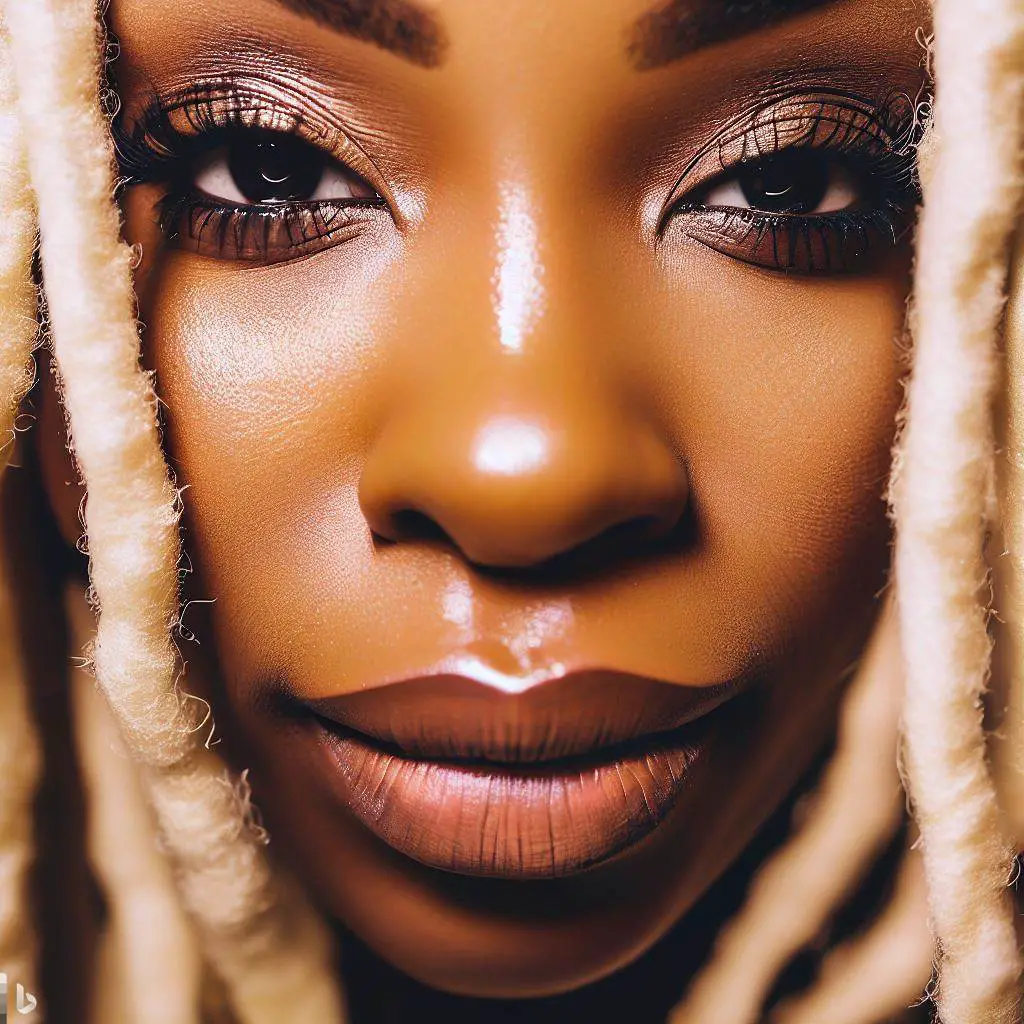
Undoubtedly, AI will make us more productive but will the cost be our creativity? How do we foster it, when AI can generate images within minutes with a few selective prompts on a computer? In a few short years, it has become increasingly more difficult for the average person to tell the difference between artificial images produced by algorithms or with a photographer’s eye. The possibilities of what it could produce consistently in a few years is frightening.
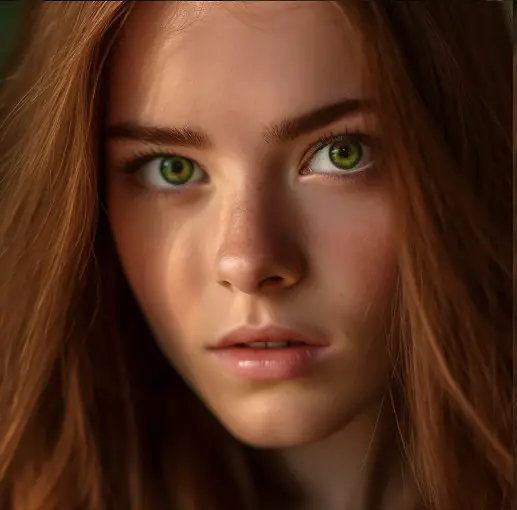
The Future for Photographers
In 1987 Thomas and John Knoll developed Photoshop and firmly put us on the path we are on currently. This software dramatically made it easier to manipulate digital images. Since then, there has been a generation of photographers utilizing this software and other tools to mold and bend images. More importantly, there has been a viewing public accepting and consuming incredibly stylized photoshopped pictures from advertisers, companies, influencers, etc. that is already pushing the boundary of what is real and authentic. The next logical progression is images entirely produced by AI.
Despite artificially produced images becoming more common, there will always be people who value authentic photography. There will always be a need for cherished moments captured in an image. Photographers who build rapport with subjects that can translate their unique personality or character onto a picture is a skill that IA can not duplicate. Wedding photography, photojournalism, street photography, event photography, and portrait photography are some areas that should be safe for the foreseeable future.
Conclusion
AI image generators like DALL-E and Midjourney still have their limitations. They are far from perfect. However, AI’s ability to mimic reality and learn improves exponentially every year. Recently, firms have been experimenting with hybrid chips incorporating human neurons with silicon based chips. These hybrid chips are learning faster than previous silicon based chips. Translating to less time, data, and energy needed to train AI. These new chips are not economically viable yet, but the time is fast approaching when they will be.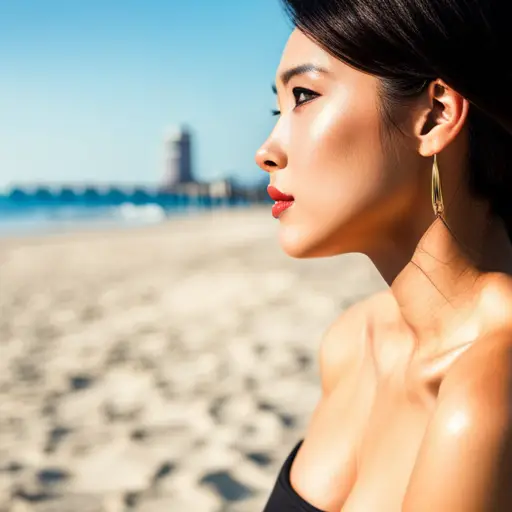
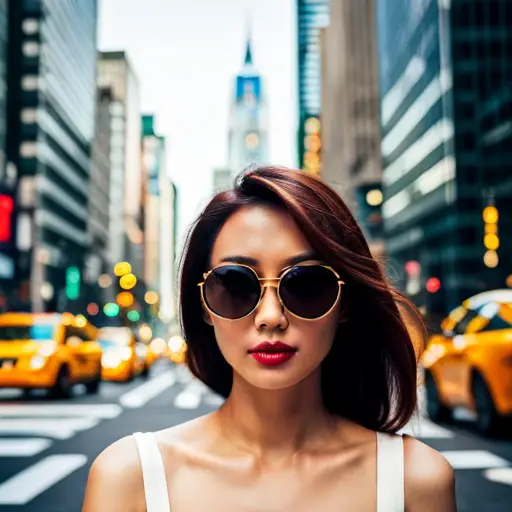
Market forces and the masses wanting on-demand and convenient images will give these artificial “artisans” the advantage in some areas. We continue to surrender our control to algorithms that influence what we watch, read and create. Like any tool, how it is used lies firmly in the hands of those who possess it. We should be wise in its use. Otherwise, we run the risk of losing far more than we gain by letting AI get out of control.
Share this post:
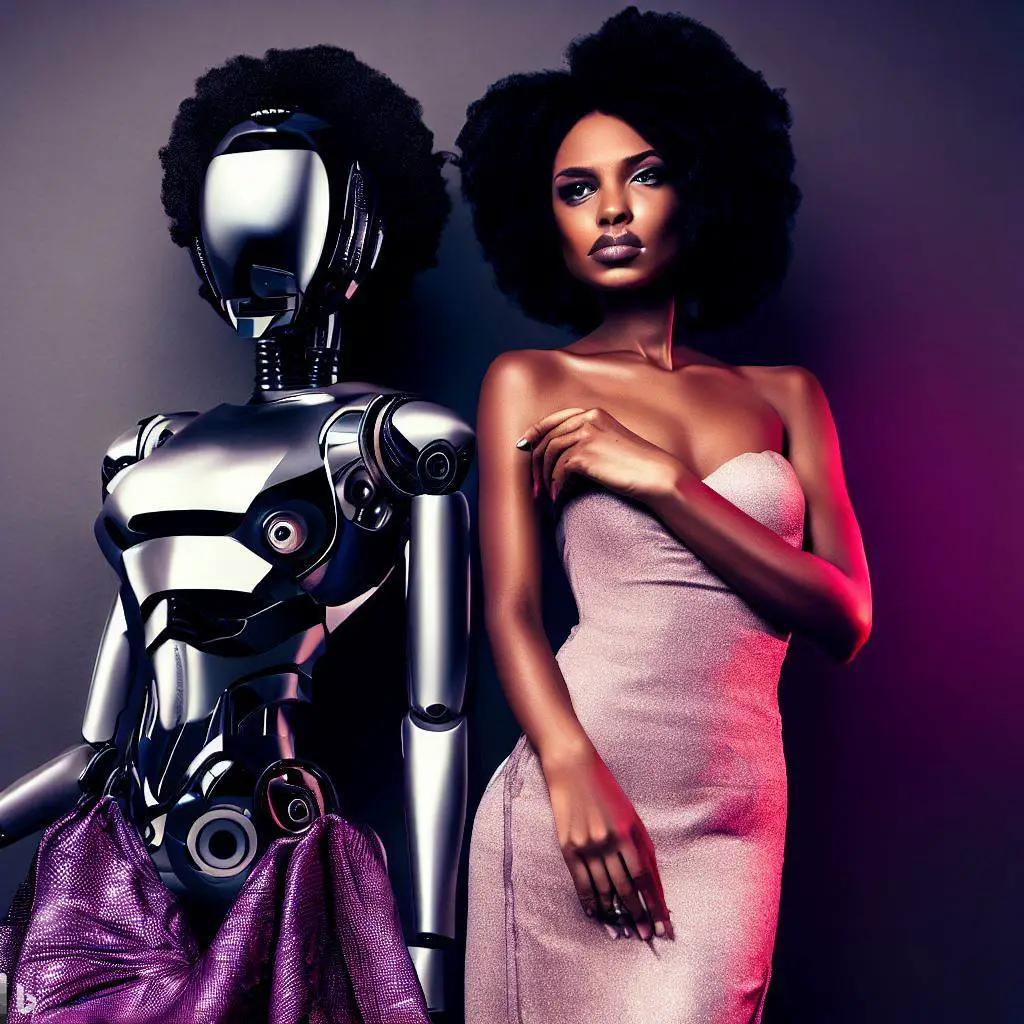
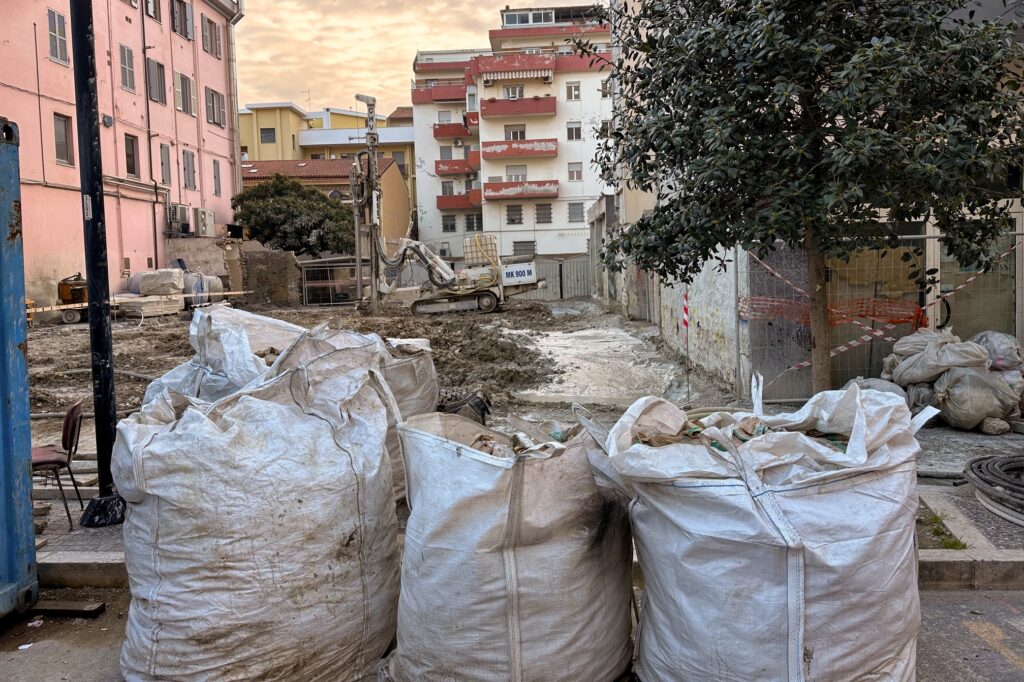
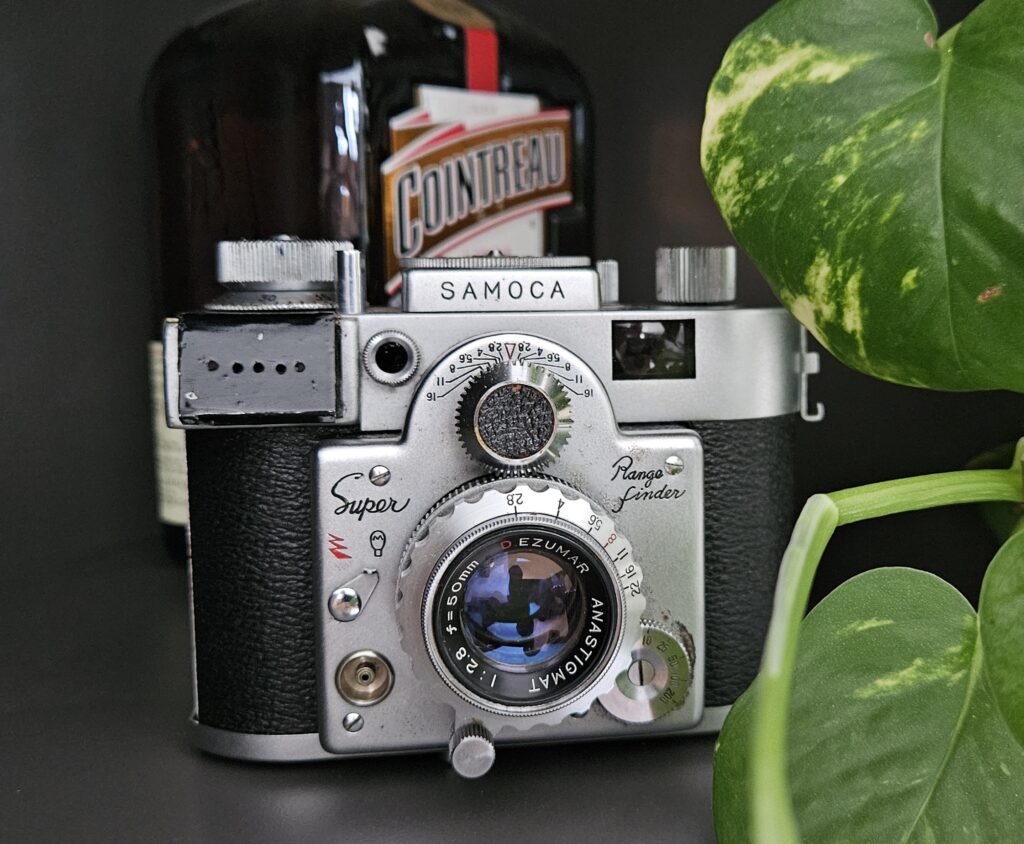
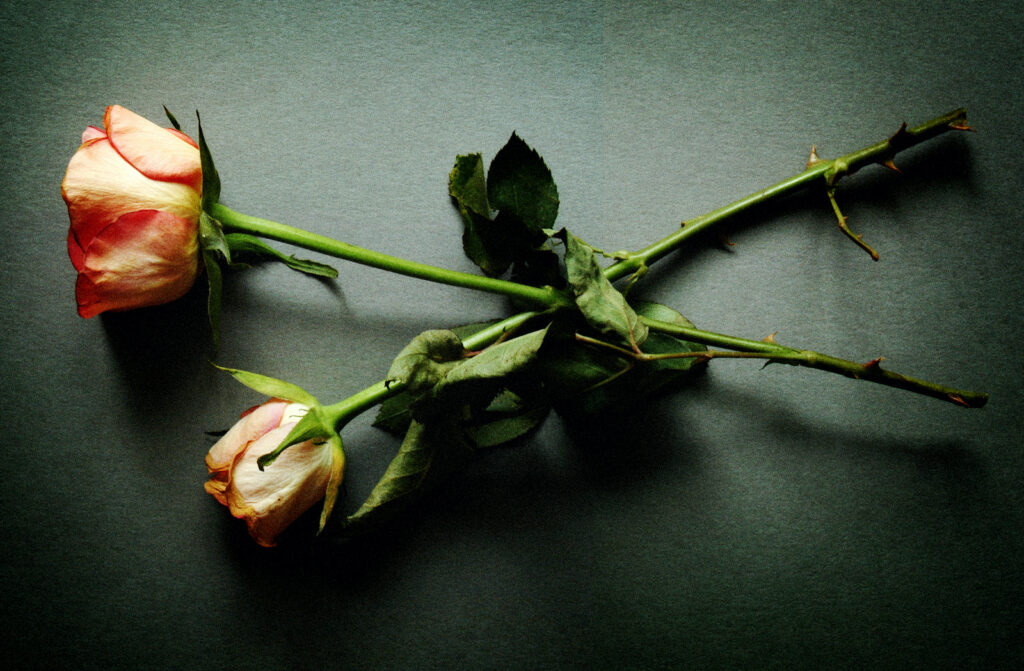
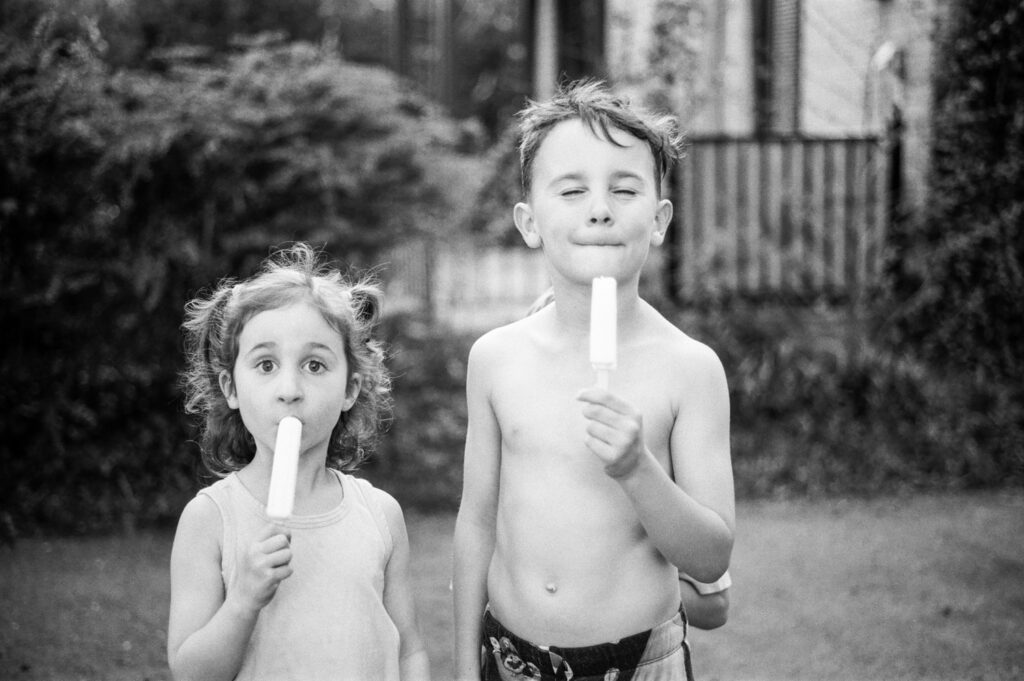




Comments
Gil Aegerter on AI: The Beginning of The End of Photography
Comment posted: 11/07/2023
Ibraar Hussain on AI: The Beginning of The End of Photography
Comment posted: 11/07/2023
like saying playing Fifa on the Playstation is the end of soccer.
Malcolm Myers on AI: The Beginning of The End of Photography
Comment posted: 11/07/2023
At a broader level AI will impact a lot of industries that rely on human thought and creativity. As you mention in your post, I think any changes are likely to be rapid from now on. Only time will tell where that leads us.
Comment posted: 11/07/2023
Manu on AI: The Beginning of The End of Photography
Comment posted: 11/07/2023
Comment posted: 11/07/2023
Comment posted: 11/07/2023
Charlie Bierwirth on AI: The Beginning of The End of Photography
Comment posted: 11/07/2023
In the coming years we'll see the definition of the word "photography" become scrutinized and more well defined. Just as the revolution from painting to photography occurred, we'll see a shift from photography to "image creation" (or whatever term society deems fit for the outputs from AI). Just as painting exists still today, so will photography tomorrow.
Eric, you make an excellent point that event documentation and photography will never go away. Nothing can replace a photographer at a wedding, sporting event, or concert. That's a point that often gets overlooked in this discussion, so thanks for bringing it up.
Comment posted: 11/07/2023
Joseph Irvin on AI: The Beginning of The End of Photography
Comment posted: 11/07/2023
Comment posted: 11/07/2023
Comment posted: 11/07/2023
Huss on AI: The Beginning of The End of Photography
Comment posted: 11/07/2023
If all you care about is acquiring an image without taking a photograph, well you don't care about photography either!
Comment posted: 11/07/2023
Peter on AI: The Beginning of The End of Photography
Comment posted: 11/07/2023
Photographs are photographs and photography still is what it always was.
I’m sure the terms will shake out at some point. In the meantime it’s illustrators who have much more to worry about than photographers.
StephenJ on AI: The Beginning of The End of Photography
Comment posted: 12/07/2023
Namely, the human hand, as Gil Aegerter suggested in the first comment, above.
A skilled artisan, can with his/her hand/s make a paintbrush, or hammer and chisel, sing.
As for the camera, we will never know for sure how much of a given photograph (analogue or digital) was art, and how much was artifice.
After all, Sir. Arthur Conan Doyle who wrote countless books and magazine articles on detection, was fooled by two young ladies Elsie Wright and Frances Griffiths, who created the Cottingley Fairy images.
Or as one Gelett Burgess wrote in 1906...
"I don't know much about art, but I know what I like."
Comment posted: 12/07/2023
Johnny Martyr on AI: The Beginning of The End of Photography
Comment posted: 12/07/2023
"A trend since the 1990’s has seen a steady lowering of IQ scores on standardized tests worldwide. This decline has coincided with our increased dependence on AI. "
The Reverse Flynn Effect (as this decline is termed) is not an entirely straight line down to begin with, there are rises in some measurements and falls in others. The Flynn Effect (the rise in IQ) seems more correlated to developing nations with increasing nutrition and wealth whereas the Western World is somewhat stagnate at this point in history. There is no correlation noted anywhere that I can find, besides here, that AI has had any demonstrable impact on any of this. Not that correlation equals causation anyway.
Depending on your definition of AI, it hasn't really been widely accessible to or in use by the public before recently. I mean, I've had a Roomba since the early 2000's but I don't think that the my lack of manual vacuuming has had a negative impact on my IQ! Maybe I'm wrong!
Such a bold statement feels like more of the AI melodrama trend referenced at the beginning of this article, from which the author seems to want to distance themselves. It would be interesting to see the author's research into this claim.
Comment posted: 12/07/2023
Comment posted: 12/07/2023
Arthur Gottschalk on AI: The Beginning of The End of Photography
Comment posted: 12/07/2023
Castelli Daniel on AI: The Beginning of The End of Photography
Comment posted: 12/07/2023
Written & posted by a human.
Sacha Cloutier on AI: The Beginning of The End of Photography
Comment posted: 13/07/2023
If you look at wedding photography, which I agree is relatively safe from AI generated images, it has been changed before. The advent of the digital camera allowed more opportunities for a different generation of photographers. It is no longer the photographer holds the negatives and if you want additional prints, the photographer has all the leverage, it is now, you will get a large number of pics. If I look at three weddings, including my own, all of them included a huge cache of pics.
AI generated imagery can also be used as a guideline. I write a lot in my spare time. I can take a great picture of a drawing, but there is no way that I can draw. I am pathetically horrible at drawing. So my characters reside in my mind, without a tangible image to see them come to life. With AI, I can now see what I write. I can also take this imagery and be inspired to create more stories. Some of my narratives can be altered by seeing what is at the tip of my imagination.
The same can be said about my photography. With film, I am very strict on how much I alter my photography, and I do not tend to control the scene as much as I do with digital. The inverse is true about my digital work, I can take a digital image for what I want the final product to be, not the image in the viewfinder. That can be costly though. My largest digital shoot had more than 20 people working on the set, all working from my direction and an image in my mind. With AI, that image can become tangible for all involved, as a blueprint. It’s a tool just like location scouting or costume design, and it can be to our advantage.
Or maybe it’ll just take over the world, who knows.
Julian Tanase on AI: The Beginning of The End of Photography
Comment posted: 13/07/2023
Will AI impact on the future of photography, film or digital? Hell, yes. It already has started to do so. Will it impact other forms of artistic creations, such as painting, drawing, etc? Again, yes. But we haven't the foggiest to what extent this will be. Humans taking photographs with a physical camera, digital or film, will not go away I believe. However, do I see an impact on say, art photography or journalism or indeed media outlets? I do, no doubt about this; costs, speed, opportunity, market demands, all of these are taken into account when you have various options to achieve something for sale.
Obviously, I know next to nothing about this entire subject, but I thought to chime in with my 2 cents. I do hope this is all right.
Comment posted: 13/07/2023
Graham Orbell on AI: The Beginning of The End of Photography
Comment posted: 13/07/2023
Where I live in Aotearoa New Zealand is as far away as you can get from a “rogue state”
But already the main opposition party in our upcoming government elections in 3 months time has been found out for producing AI generated images for television campaign advertising. They were found out by legitimate responsible news organisations.
So if a political party uses AI in their election campaign, what is to stop them using AI if they were and quite possibly will be in power in 12 weeks? I’m not suggesting they would but I’m suggesting they could continue to use AI for political messages unless legislation is passed to prevent this. But what government already using AI is likely to consider such legislation?
So as AI becomes more sophisticated and will no doubt often be used for propaganda purposes, it will be a task for responsible news organisations such as BBC and CNN and many others to try to find them out.
Comment posted: 13/07/2023
Comment posted: 13/07/2023
Comment posted: 13/07/2023
Comment posted: 13/07/2023